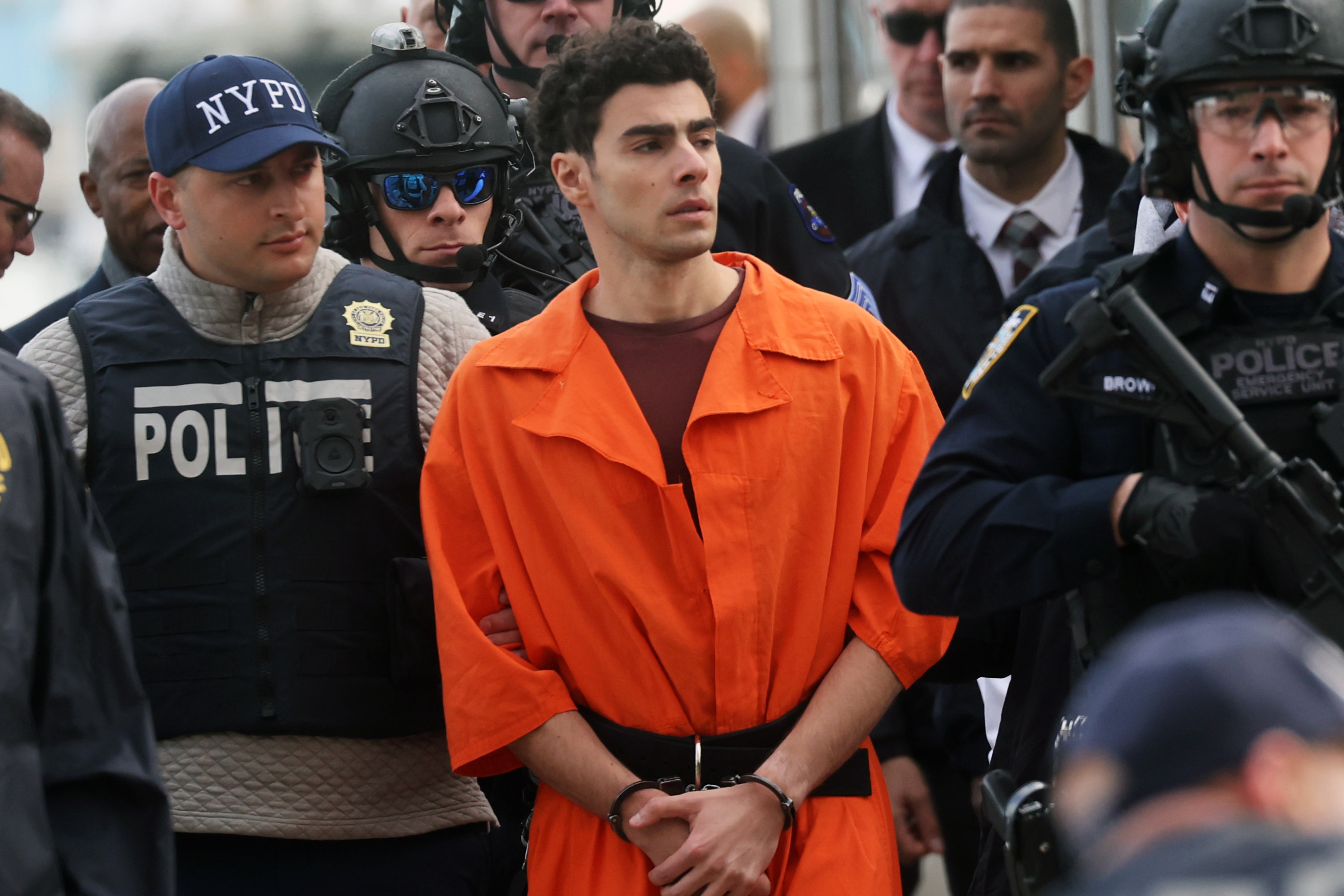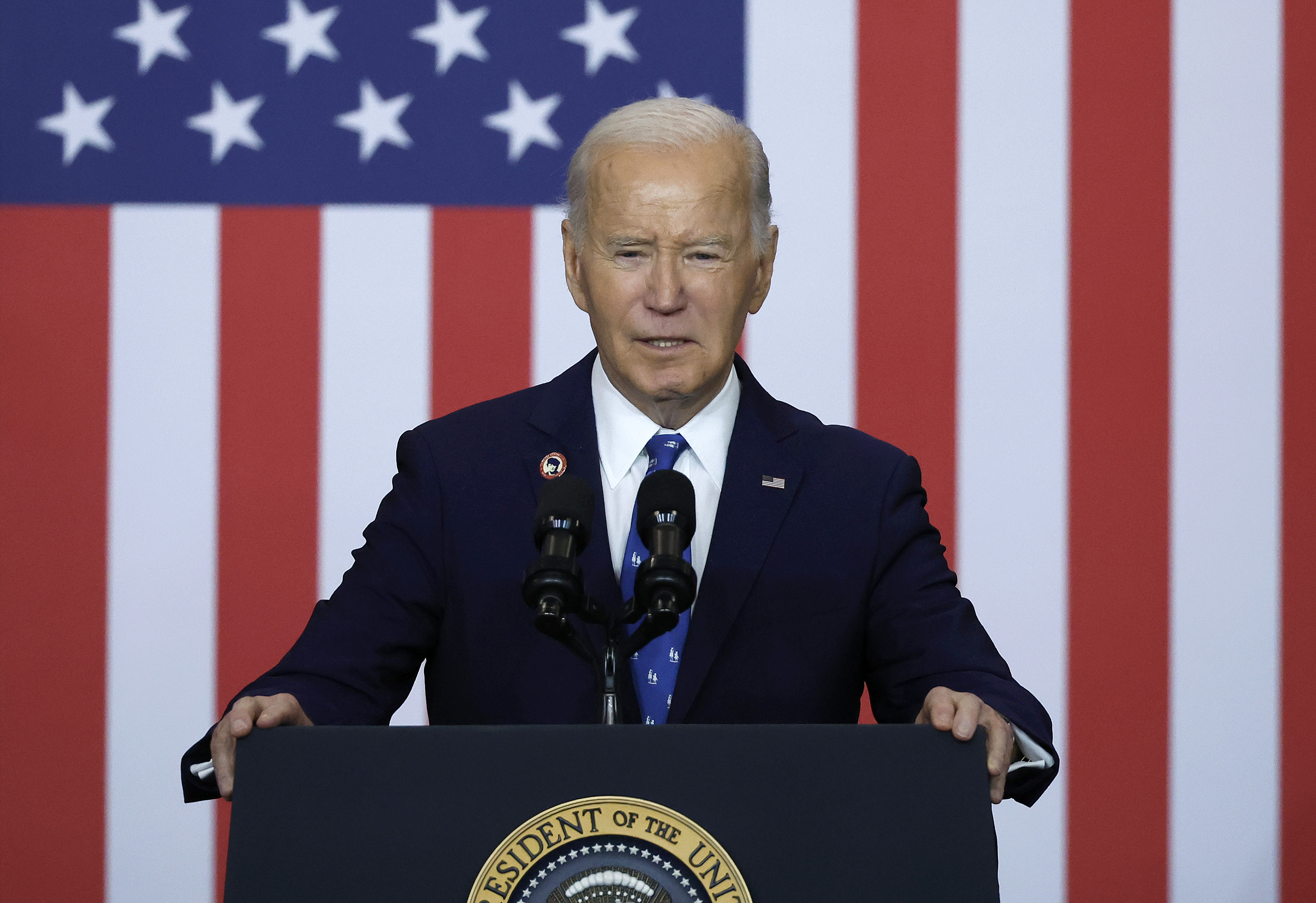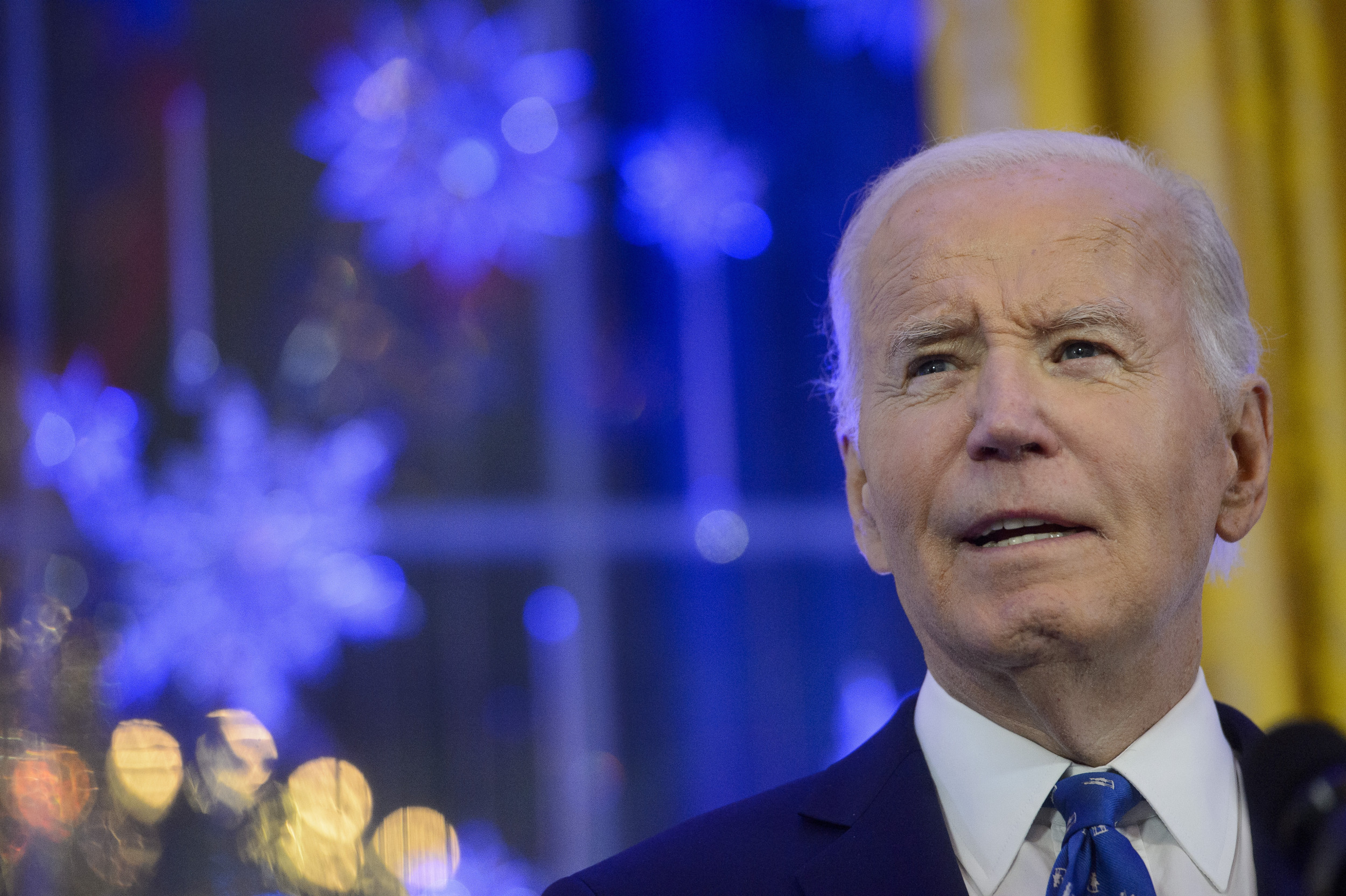What's New
Nine states—Alabama, Florida, Georgia, Indiana Missouri, Oklahoma, South Carolina, Texas and Utah—carried out executions this year, as a Newsweek map shows.
If an execution scheduled for Thursday in Oklahoma goes ahead, there will have been 25 executions in 2024 but just four states were responsible for a majority of them.
Alabama carried out the most executions with six, followed by Texas with five and Missouri and Oklahoma with four each, provided Thursday's execution in Oklahoma goes ahead. South Carolina carried out two executions while Florida, Georgia, Indiana and Utah each had one execution each.
Executions and death sentences remain at near historic lows amid rising disapproval for the death penalty, the unfairness of its application and questions about innocence, according to the nonprofit Death Penalty Information Center's (DPIC) year-end report published Thursday.
This year is the tenth consecutive year with fewer than 30 executions at a time when support for the death penalty remains at a five-decade low, the report said.
There were 26 new death sentences in 2024 among 10 states, but two states that allow nonunanimous sentencing—Florida and Alabama—were responsible for 11 of them, the report said.
Why It Matters
The report comes as President Joe Biden is being urged to commute the sentences of the 40 inmates on federal death row before he leaves office amid concerns that President-elect Donald Trump will resume federal executions when he returns to the White House in January. Trump oversaw an unprecedented spree of federal executions during the final months of his first term, even though experts said mental health and other issues should have prevented many of them from taking place.
Meanwhile, outgoing North Carolina governor Roy Cooper is being urged to commute the sentences of those on the state's death row to remedy systemic problems.
Polling shows that public support for the death penalty is at the lowest level in five decades. Only 53 percent of Americans are in favor of the death penalty in 2024, down from a peak of 80 percent 30 years ago, according to Gallup. But a majority of adults aged between 18 and 43 now oppose the death penalty.
Meanwhile, a Gallup poll last year found that half of Americans believe the death penalty is applied unfairly, the highest number since Gallup first began asking the question in 2000.
The report also notes that 2024 saw a growing number of conservative lawmakers and prosecutors supporting inmates on death row with compelling evidence of innocence, including Richard Glossip in Oklahoma, Marcellus Williams in Missouri and Robert Roberson in Texas.

What To Know
The executions and 26 new death sentences in 2024 are slightly up from last year, when there were 24 executions and 21 new death sentences—but were significantly less than 20 years ago, when there were 130 new death sentences and 59 executions, the report said.
Florida imposed the highest number of death sentences this year with seven, followed by Texas with six and Alabama with four. California imposed three, while Arizona, Idaho, Mississippi, Nevada, Ohio, and Tennessee each had one new death sentence.
This year saw Indiana, South Carolina and Utah conduct their first executions after long hiatuses. And Alabama this year became the first state to use nitrogen gas to execute prisoners.
Three inmates on death row were exonerated in 2024, bringing the total number of exonerations to 200 since 1973. "Their cases are illustrative of patterns seen in many other wrongful capital convictions: all involved official misconduct, two of the three 2024 exonerees are Black, and the three men spent an average of 38.6 years awaiting exoneration," the DPIC's report said.
Meanwhile, legislation to limit the use of the death penalty was enacted in at least six states and efforts to abolish capital punishment continue in more than a dozen states, the report said.
What People Are Saying
Robin Maher, the executive director of the Death Penalty Information Center, said: "In 2024, we saw people with credible evidence of innocence set for execution, followed by extraordinary levels of public frustration and outrage.
"Several high-profile cases fueled new concerns about whether the death penalty can be used fairly and accurately. A new poll also predicts a steady decline of support in the future, showing for the first time that a majority of adults aged 18 to 43 now oppose the death penalty."
Robert Dunham, the director of the Death Penalty Policy Project, told Newsweek: "The vast majority of executions come from a very small number of states. States have put 1,596 men and women to death since executions resumed in 1977. But just seven states—Texas (591), Oklahoma (126), Virginia (113), Florida (106), Missouri (101), Alabama (78), and Georgia (77)—account for 75 percent of those executions.
"Virginia no longer has the death penalty, but the other six, whom I call the habitual executioners, account for 1,079 executions—more than two-thirds (67.6 percent) of all executions by U.S. states. And this year, they accounted for 80 percent of all executions, demonstrating that the use of the death penalty has become increasingly concentrated in these high execution outlier states."
What's Next
Several executions have already been scheduled for 2025 in Ohio and Texas, according to the DPIC. The first of those scheduled is on February 5 in Texas.



















 English (US) ·
English (US) ·